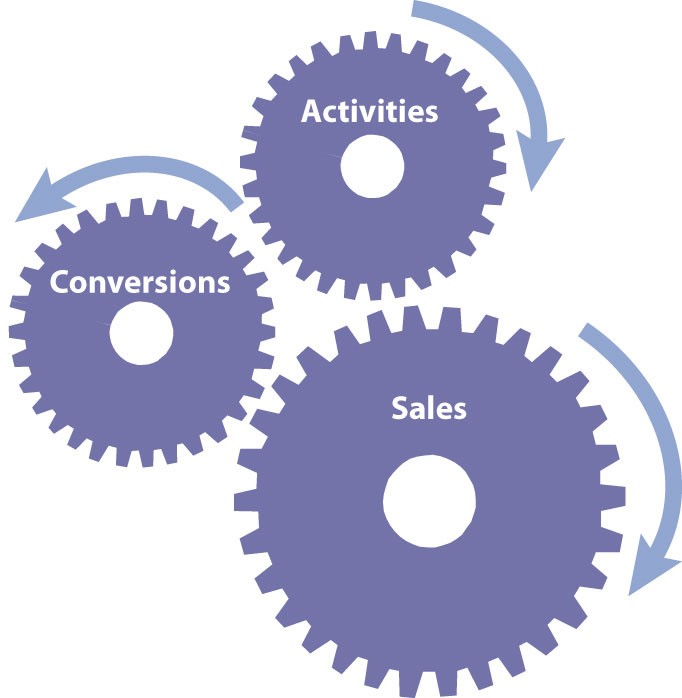
Image courtesy of: sonson
Salespeople love to understand what people do. Then they look for a place to interject how their product or service will help them do it better or faster or in some way that will benefit the prospect more. In other words they ask superficial questions then they pounce with a presentation on the value they can bring. But if you really want to uncover whether the prospect has a compelling reason to buy it is more important to discover how and why they do things than to merely understand what they do. Look at these two examples of a sales call on a company for the purposes of selling access to CRM which exists in the cloud rather than on the servers of the company.
SCENARIO 1 – Salesperson – What are you using now?
Prospect – We use a xyz system which we house on our servers.
Salesperson – Let me show you how we can improve efficiency by giving you access from anywhere and we have reports that give more detail ….
Scenario 2 – Salesperson What are you using now?
Prospect – We use a xyz system which we house on our servers.
Salesperson – Why did you choose that system? ANSWER: It wasn’t too complicated and had a custom report capability
Salesperson – How do you update the system? ANSWER: Our three users do it as changes occur
Salesperson – How often is that? ANSWER: about 4 or 5 times peer day
Salesperson – How do you get reports? ANSWER: The VP’s assistant runs them bi-weekly just before the staff meeting.
Even in these simplistic examples you can see that the why and how questions give you more and richer information and will lead you uncovering whether or not there is a compelling reason to buy or not. At the very least it will change what you focus on when you describe the product.


 Only 26% of salespeople have the belief systems strong enough to be successful in today’s selling environment. Fewer than 5% of sales managers are even aware of the existence of self-limiting beliefs. Even fewer spend any time working on eliminating or changing them. This fact places a severe limit on the sales manager’s ability to grow the sales team.
Only 26% of salespeople have the belief systems strong enough to be successful in today’s selling environment. Fewer than 5% of sales managers are even aware of the existence of self-limiting beliefs. Even fewer spend any time working on eliminating or changing them. This fact places a severe limit on the sales manager’s ability to grow the sales team.







